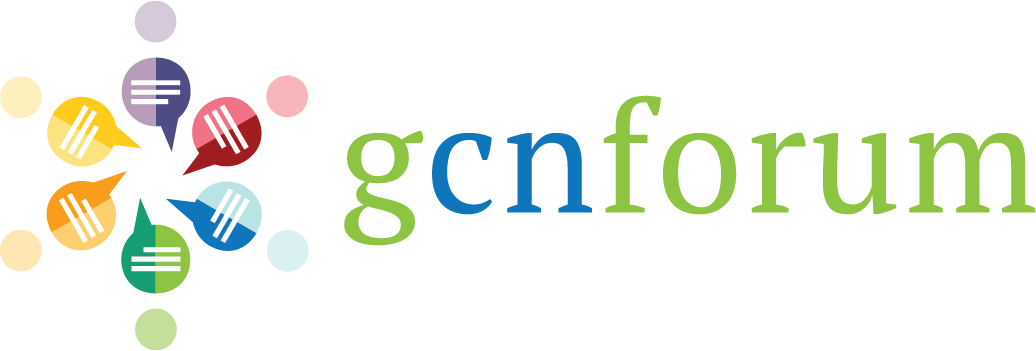About the Session:
Workshops
Highlights from workshops held throughout the event, including:
Fortification and Bio-Fortification – Hosted by Lynn Brown (HarvestPlus), Frances Knight (WFP), and Regina Moench-Pfanner (ibn360), featuring a series of guests from DSM
Fundraising and Advocacy – Hosted by Heidi Kessler (GCNF) and Clarissa Mackay (Eat Right, Be Bright)
School Health and Hygiene – Hosted by Seung Lee (Save the Children) and Anne Sellers (Catholic Relief Services)

